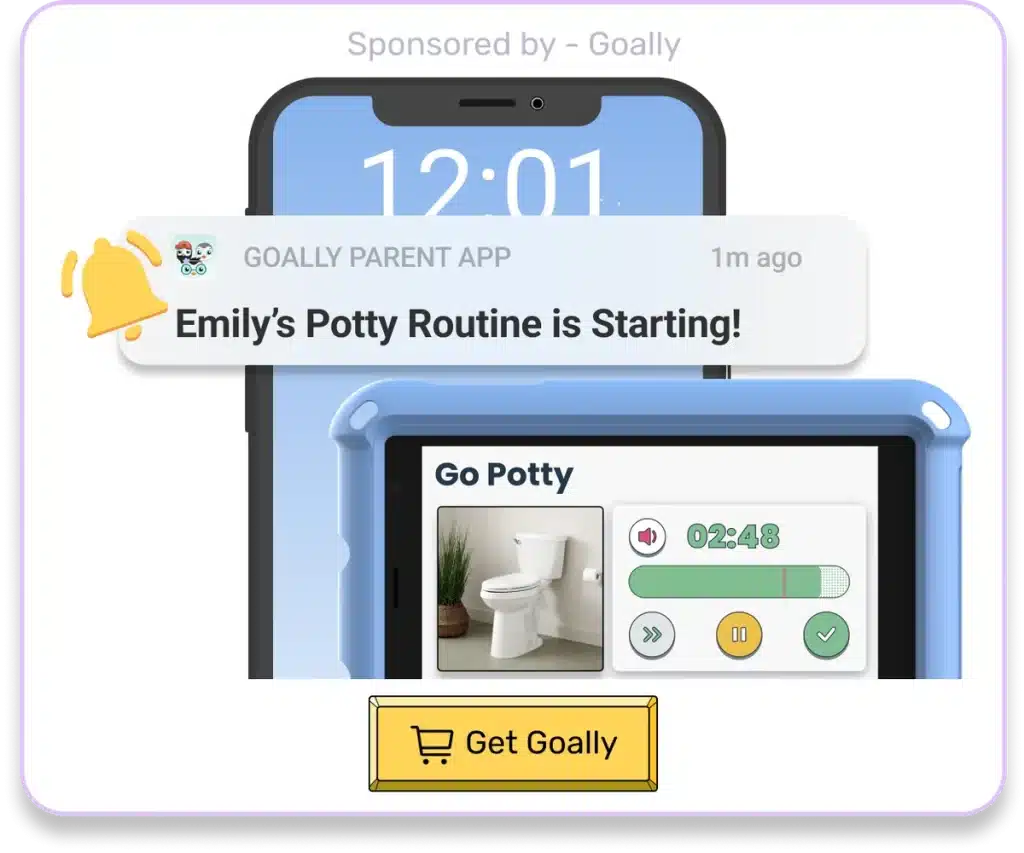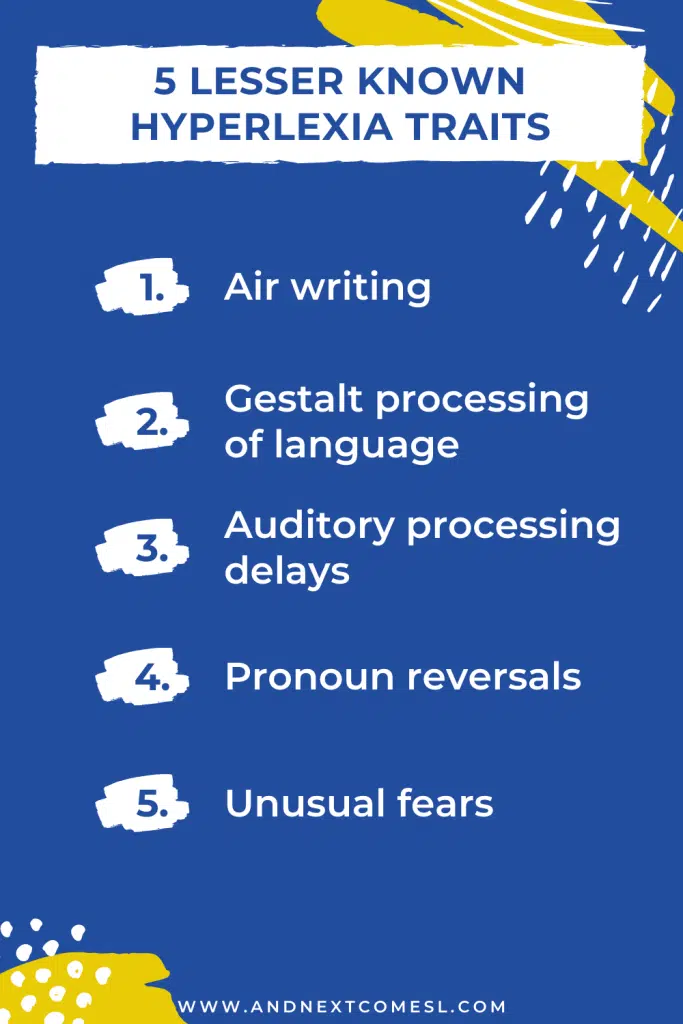Hyperlexia is a rare but fascinating condition in which children display an unusual affinity for reading and written language, often from a very young age. Although hyperlexia can be difficult to diagnose and is often misunderstood, parents must understand its symptoms and seek appropriate treatment for their child. Take our hyperlexia quiz for kids below!
Table of Contents
While hyperlexia may seem positive, it can come with challenges, particularly in social and communicative domains. By understanding the condition and seeking appropriate treatment, parents can help their child navigate these challenges and thrive.
Defining Hyperlexia
Hyperlexia is a condition in which children exhibit advanced reading skills beyond their developmental level. While there are different types of hyperlexia, they all involve a fascination with letters and numbers, as well as difficulty with social communication.
Types of Hyperlexia
There are three types of hyperlexia: Hyperlexia Type 1, Hyperlexia Type 2, and Hyperlexia Type 3. Type 1 is typically comorbid with autism, while Type 2 is a stand-alone condition. People with Type 3 hyperlexia have advanced reading abilities and social difficulties. Take the hyperlexia quiz for kids below!
Children with hyperlexia often show intense interest in letters, numbers, and written language from a very young age. They may be able to read at a level well beyond what you would expect for their age, but may have difficulty with social communication and comprehension.
Symptoms of Hyperlexia
Difficulty with social interaction
Children with hyperlexia often struggle with social communication and interaction. They may struggle initiating and maintaining conversations, interpreting social cues, and understanding figurative language.
Fascination with letters and numbers
One of the most notable symptoms of hyperlexia is a fascination with letters and numbers. Children with hyperlexia may be able to read at a very advanced level. Still, they may struggle with other aspects of language, such as comprehension.
Advanced Reading Skills
People with hyperlexia typically have advanced reading skills, often well beyond what you would expect for a child’s age. They may be able to read at a level that surpasses their peers but may struggle with comprehension and other aspects of language.
Difficulty With Comprehension and Communication
While children with hyperlexia may be able to read at an advanced level, they may struggle with comprehension and communication. They may have difficulty understanding what they read, interpreting social cues, and expressing themselves verbally. Take our hyperlexia quiz for kids below!
Overly Literal Interpretation of Language
Children with hyperlexia may interpret language in a very literal way, which can lead to misunderstandings and social difficulties.
Obsessive-compulsive Tendencies
Children with hyperlexia may display obsessive-compulsive tendencies, such as the need for routine and predictability.
Need for Routine and Predictability
Children with hyperlexia may thrive on routine and predictability and struggle with changes in their environment or schedule.
Structure Your Child’s Routine With Goally
Kids with hyperlexia do well with structure in their routines and having visual aids to guide them. Use Goally’s visual schedule app to structure your child’s day! Each step in a routine is customizable with visual and audio aids, so you can even use them to teach your child how to complete new tasks independently!
Sponsored by: Goally
"Goally has changed our lives. I no longer nag our son nonstop to complete basic tasks like getting ready for bed or cleaning his room!" — Bryna, Goally Mom Learn more →
Early Signs of Hyperlexia
Hyperlexia can present itself as early as two years old but kids usually have a diagnosis between the ages of three and seven. Parents may notice early signs of hyperlexia, such as a fascination with letters and numbers, advanced reading skills, and difficulty with social communication.
Typical Diagnosis Age
Hyperlexia can be difficult to diagnose, and there is no one specific test that can confirm the condition. A diagnosis comes from observing a child’s reading and social skills. The typical age of diagnosis is between four and eight years old. Take our hyperlexia quiz for kids above!
Hyperlexia and ASD
Hyperlexia is commonly occurs alongside ASD. Children with autism often display an intense interest in letters and numbers. They may have advanced reading skills similar to those with hyperlexia.
Hyperlexia has a link to other conditions, such as attention-deficit/hyperactivity disorder (ADHD), developmental delays, and obsessive-compulsive disorder (OCD).
Overlooking Hyperlexia
People mistake hyperlexia as autism or ADHD, particularly in cases where social communication difficulties are the primary concern. When assessing a child’s symptoms, healthcare professionals should consider hyperlexia as a possible diagnosis.
There is a lack of awareness among healthcare professionals about hyperlexia, which can lead to delayed or missed diagnoses. Parents need to advocate for their child and seek out specialists who are knowledgeable about hyperlexia.
Diagnostic criteria for autism and other related conditions may not account for hyperlexia as a standalone condition. This can lead to resistance from healthcare professionals to deviate from typical diagnostic criteria, even when hyperlexia is the most appropriate diagnosis.
Treatment Options for Hyperlexia
Therapy is often the first line of treatment for hyperlexia. Speech, occupational, and behavioral therapy can all effectively address the symptoms associated with hyperlexia. Therapy can help children improve their social communication skills, develop coping strategies for anxiety, and improve their comprehension skills. Take our hyperlexia quiz above!
There is no medication specifically for the treatment of hyperlexia. However, some children with hyperlexia may benefit from medication to manage comorbid conditions like anxiety or ADHD.

Tips to Help Kids with Hyperlexia
Creating a Structured Routine
Children with hyperlexia often thrive on routine and predictability. Creating a structured routine can help them feel more secure and reduce anxiety. This may include establishing set meal times, bedtime routines, and schedules for activities.
Providing Opportunities for Social Interaction
Social communication can be challenging for children with hyperlexia, but providing opportunities for social interaction can help them develop their skills. This may include play dates with peers, participation in group activities, or joining social clubs.
Encouraging Sensory Play
Sensory play, such as playing with sand, water, or tactile materials, can help children with hyperlexia develop their sensory processing skills. This can improve their comprehension and communication abilities.
Using Visual Aids To Assist Comprehension
Children with hyperlexia may benefit from visual aids, such as pictures or diagrams, to aid in comprehension. This can help them better understand concepts and improve their communication skills.
Hyperlexia is a condition in which children exhibit advanced reading skills beyond their expected developmental level but may struggle with social communication and comprehension. It often occurs with other conditions. Take our hyperlexia quiz above! Treatment options include therapy and medications for comorbid conditions, while at-home tips include:
- Creating a structured routine.
- Providing opportunities for social interaction.
- Encouraging sensory play.
- Limiting screen time.
- Using visual aids.
Goally | Routines that Actually Work
Goally’s skill building tablet for kids has routines that break down large tasks into small, achievable steps. It helps kids complete their tasks independently!

Create custom routines with your own videos & pictures for every step. The steps come in small, bite-sized pieces to help your child learn the little fundamentals (like putting the toothpaste on their toothbrush!) to achieve bigger goals. And that’s just the beginning. See it in action:
Addressing hyperlexia early on can help children develop coping strategies and improve their social communication and comprehension skills, which can have long-term benefits for their overall well-being. If you think your kiddo has hyperlexia, seek professional help for a proper diagnosis and appropriate treatment. Working with healthcare professionals and implementing at-home tips can help children with hyperlexia thrive and reach their full potential.
This post was originally published on 03/23/2023. It was updated on 06/15/2023.

Goally
We help parents teach their kids life skills, like doing bedtime and morning independently. Backed by science, we incorporate evidence-based practices and expert-informed designs in all of our apps and content.







